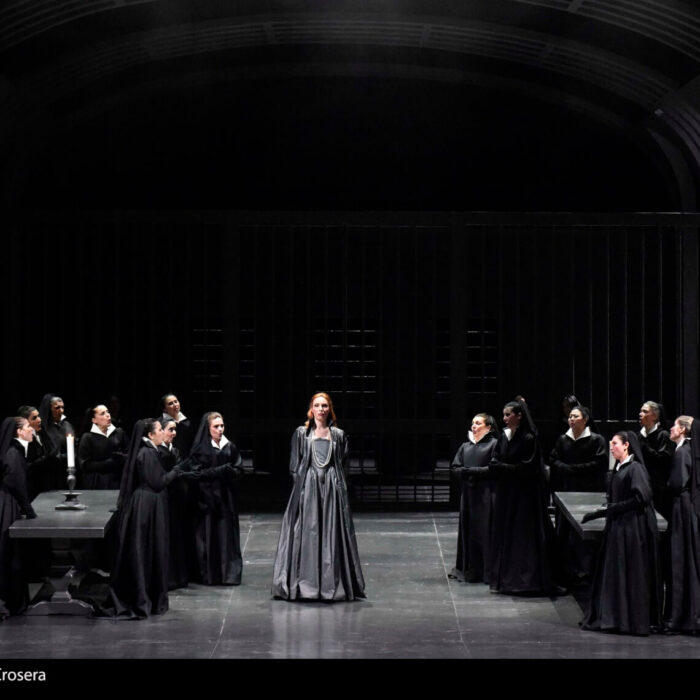
The Defining Roles of Simon Estes’ Metropolitan Opera Career
By David SalazarSimon Estes, born on March 2, 1938, did not have an easy career path.
While the bass-baritone succeeded in Europe in his early years, the United States didn’t take too well to him. He was only accepted for minor roles at most prominent theaters and it wasn’t until 1981, 16 years after his professional debut, that the Metropolitan Opera offered him a contract.
The situation was so challenging for black singers at the time that Leontyne Price famously told him, “Simon, it’s going to be even more difficult for you. Because you are a black male, the discrimination will be greater. You have a beautiful voice; you are musical, intelligent, independent and handsome. With all of these ingredients, you are a threat. It will be more difficult for you than it was for me.”
Her words were not prophetic and Estes did enjoy great success at the Met for six straight years. Here are the major roles he dominated throughout his career with the company.
Porgy
Estes was the leading man in the company’s first ever performance of Gershwin’s “Porgy and Bess.” He actually suffered a knee injury during the rehearsal period of the work but it didn’t affect his vocal quality. He received stunning reviews for the work. He would sing the role 20 times at the Met throughout his career, more than any other role.
Amfortas
The second-most performed role at the Met for the singer was the suffering king of the Holy Grail in Wagner’s final masterwork. He took it on 13 times, his first showcase coming on April 1, 1983 and his last on April 17, 1987.
Wotan
He gave a total of 11 performances as Wotan in “Die Walküre” across two different productions. His first performance came on March 21, 1983 and then he was the singer to premiere Otto Schenk’s Iconic “Ring” production” as the fallen God in the second opera. He starred alongside Hildegard Behrens, Peter Hofmann, Brigitte Fassbaender, and Jeannine Altmeyer, among others.
Others
In sum, he sang six roles, the others being Wolfram in “Tannhäuser,” Amonasro in “Aida,” and Orest in “Elektra.”


